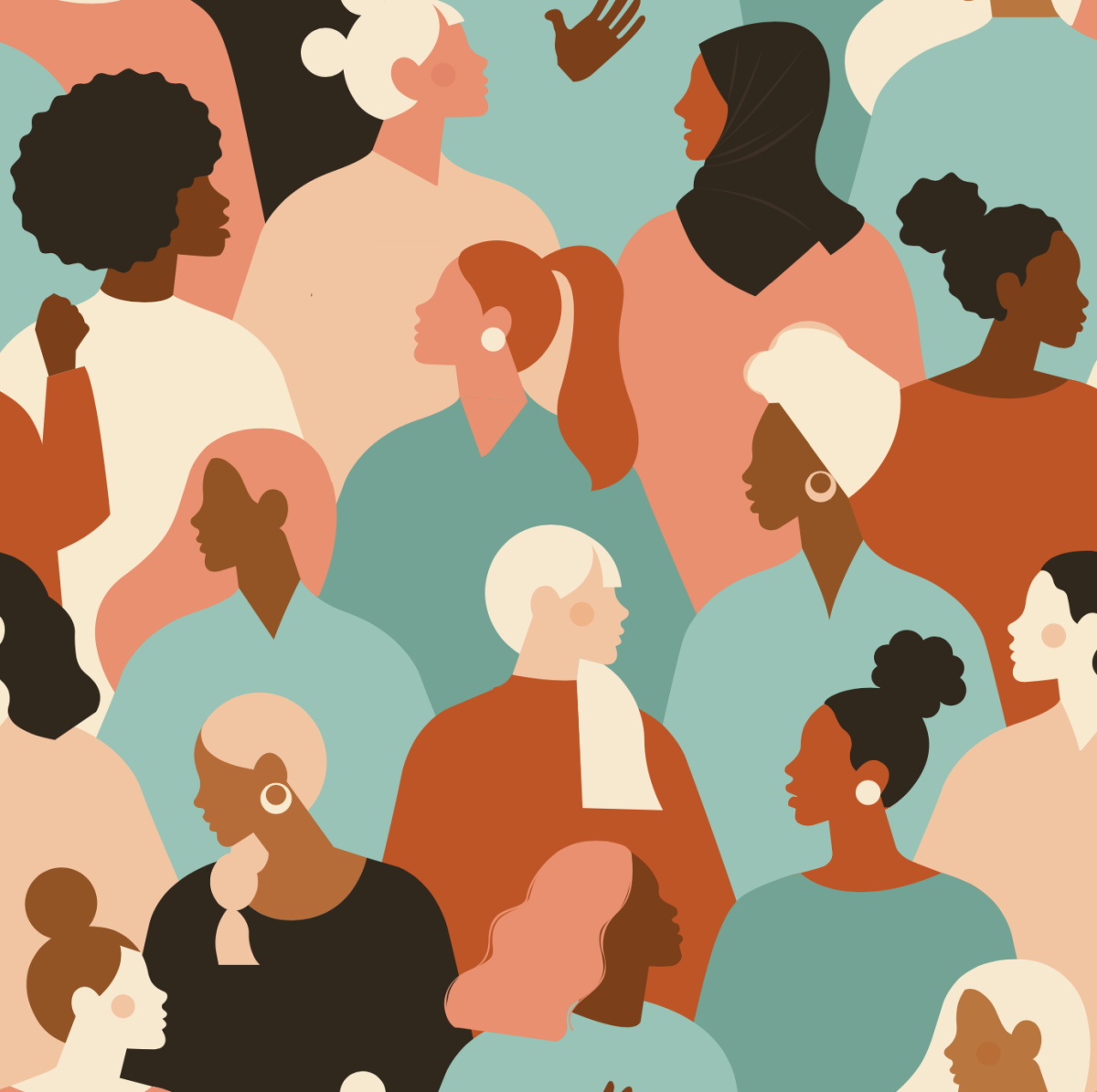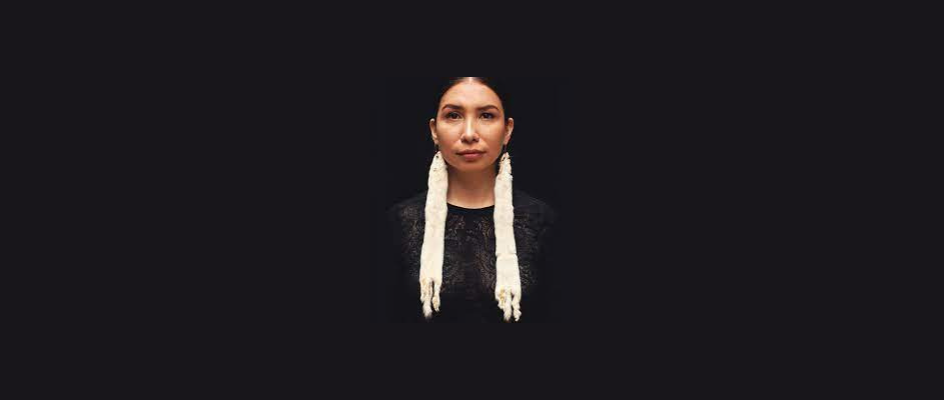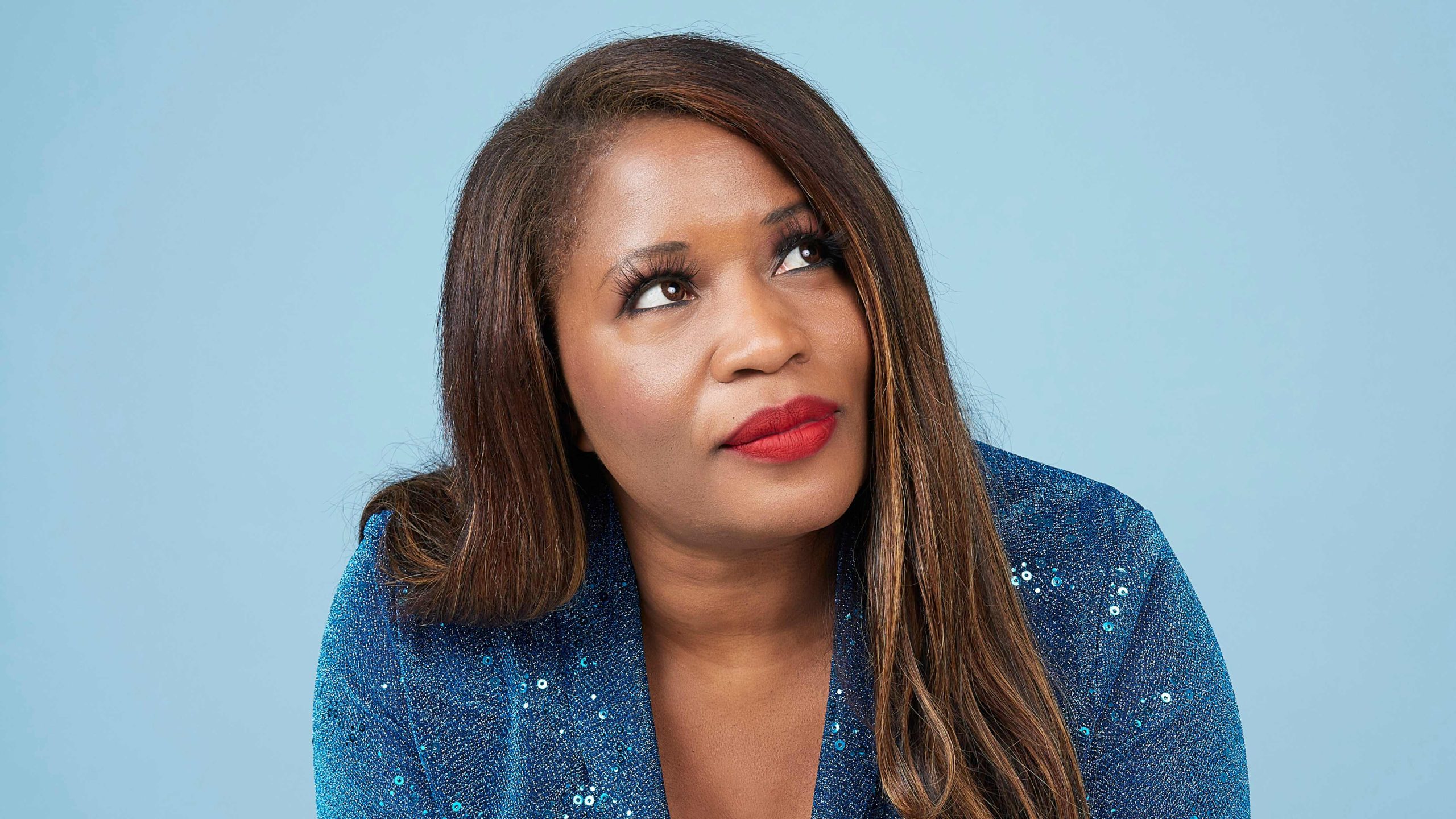Diversity and inclusion (D&I) are as important to the DNA of a workforce as the duty of work. Without an equally distributed ecosystem of people and opportunities, preferential power (and the decision-making that comes with it) will remain. As we have seen over the years, more accountable actions are taking place, more people and organizations are speaking louder and armed with sharp solutions, and more programming is being designed to specifically address, assist, and elevate underrepresented groups. Tech is one of the industries helping to lead this charge.
According to a study from LinkedIn, there has been a 71 percent increase worldwide in all D&I job listings over the past five years, with diversity-led roles spiking in demand this past May and June. Hiring for the Head of Diversity title more than doubled in the past five years, too, growing at a rate of 107 percent, while those assuming the Director of Diversity position grew by 75 percent.
The LinkedIn study also states that companies that include a diversity, equity, and inclusion (DEI) team were 22 percent more likely to be seen as “an industry-leading company with high-calibre talent.” Canada landed among the top five countries, employing nearly twice as many D&I workers (per 10,000 employees), but came in behind the United Kingdom, Australia, the United States, and Ireland in D&I hires, according to the same study. (In this instance, diversity refers to gender, racial and ethnic, LGBTQ+, age, and ability, among other considerations.)
Based on the 2016 Census, visible minorities represented more than 22.3 percent of Canada’s population. According to Statistics Canada projections, the group is expected to grow to 35 percent of the population by 2036. Rewind to 1986 and visible minorities made up only 6.3 percent of Canada’s population.
In 2020/2021, the federal government planned to spend $12.7 billion on science and technology (S&T), this up from $12.3 billion in S&T spending in 2019. For 2022, the projected spend is 13.9 billion. The amount allocated towards diversity and inclusion measures seen within these fields has yet to be announced.
Luckily, the tech community is already spinning the wheels of change, creating platforms and products for a more inclusive Canada.
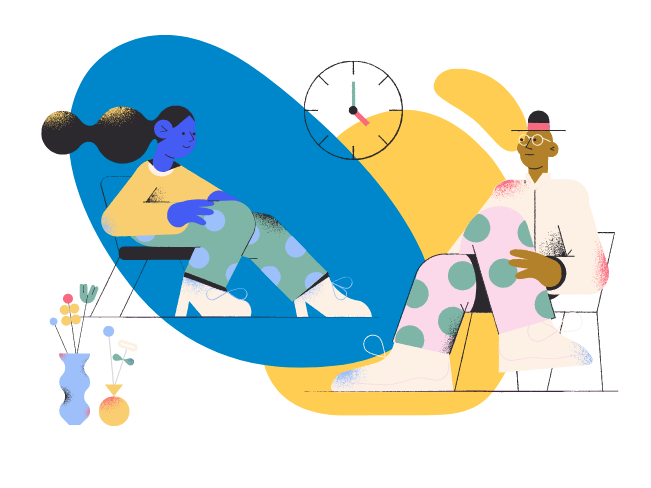

RELATED: How Wattpad CEO Allen Lau Used Diversity and AI to Redefine Which Stories Get Told
Diversio works in a similar fashion by collecting feedback from employees, which is then implemented through an algorithm to identify and sift through issues related to inclusion. Next, it provides recommendations on areas for improvement within the company.
Companies can book an audit and earn a certification that details the level of commitment to diversity and inclusion that company has achieved, and this is done through examining the company’s environment, supply chain, and targeted framework, among other factors.
According to the Canadian community-based organization Women in Communications and Technology (WCT), only 10 percent of senior tech management jobs in Canada are held by women. So, how do we ensure the marginalized groups, including women, receive a seat at the table?
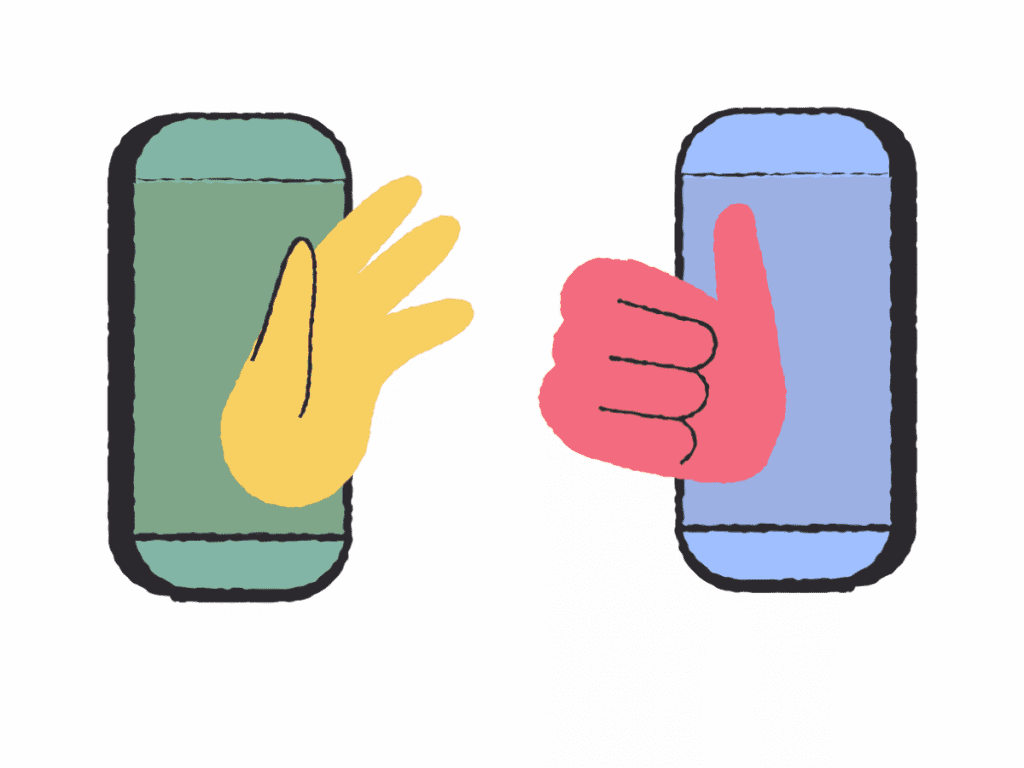

Canada is seeing a real coming together to support Black tech founders, too. Ryerson’s DMZ Black Innovation Fellowship (BIF), which provides Black tech founders with equitable opportunities, announced $1 million in funding to help usher in the second year of its initiative, with the goal of bringing in five times more startups in the next year. The investment comes from a joint effort between the City of Toronto, Ryerson University, and donors such as Shopify’s Harley Finkelstein and entrepreneur Lindsay Taub.
In 2020, Black Hxouse was announced, a new addition to Hxouse, the incubator, accelerator, and think-centre designed for creative talent, which was formed by La Mar Taylor, Ahmed Ismail, and Abel Tesfaye (The Weeknd). Now with Black Hxouse, and thanks to its founding partner TD Bank, there will be a specific focus on BIPOC entrepreneurs, who will receive more corporate connections, grants, and mentorship opportunities to actualize their work and potential business. Key programs include the BIPOC Advancement Program, the BIPOC Women’s Program, the Hxouse Talent Program, and B365 Storytelling. While each program is unique in its specific scope and objectives, all four are anchored by the goal of delivering world-class resources and mentoring to enable BIPOC individuals to reach their full potential and overcome the historical barriers.
RELATED: 8 Quotes for Young Entrepreneurs from HXOUSE Co-founders La Mar Taylor and Ahmed Ismail
There are now more options for people with disabilities as well.
Fable Tech Labs works with a community of testers with disabilities that are located across Canada and the United States, with each participant having the ability to conduct research for select companies, improve Fable’s platform, and create content for customers. Companies recruit out of Fable, providing flexible employment for people with disabilities. Using assistive technology like screen readers and magnification, these testers become employed and empowered.
These are just some of the tech companies that are making moves towards a better vision of inclusivity. It is our collective responsibility to keep the momentum going in order to build organizations and businesses that reflect all parts of society.







